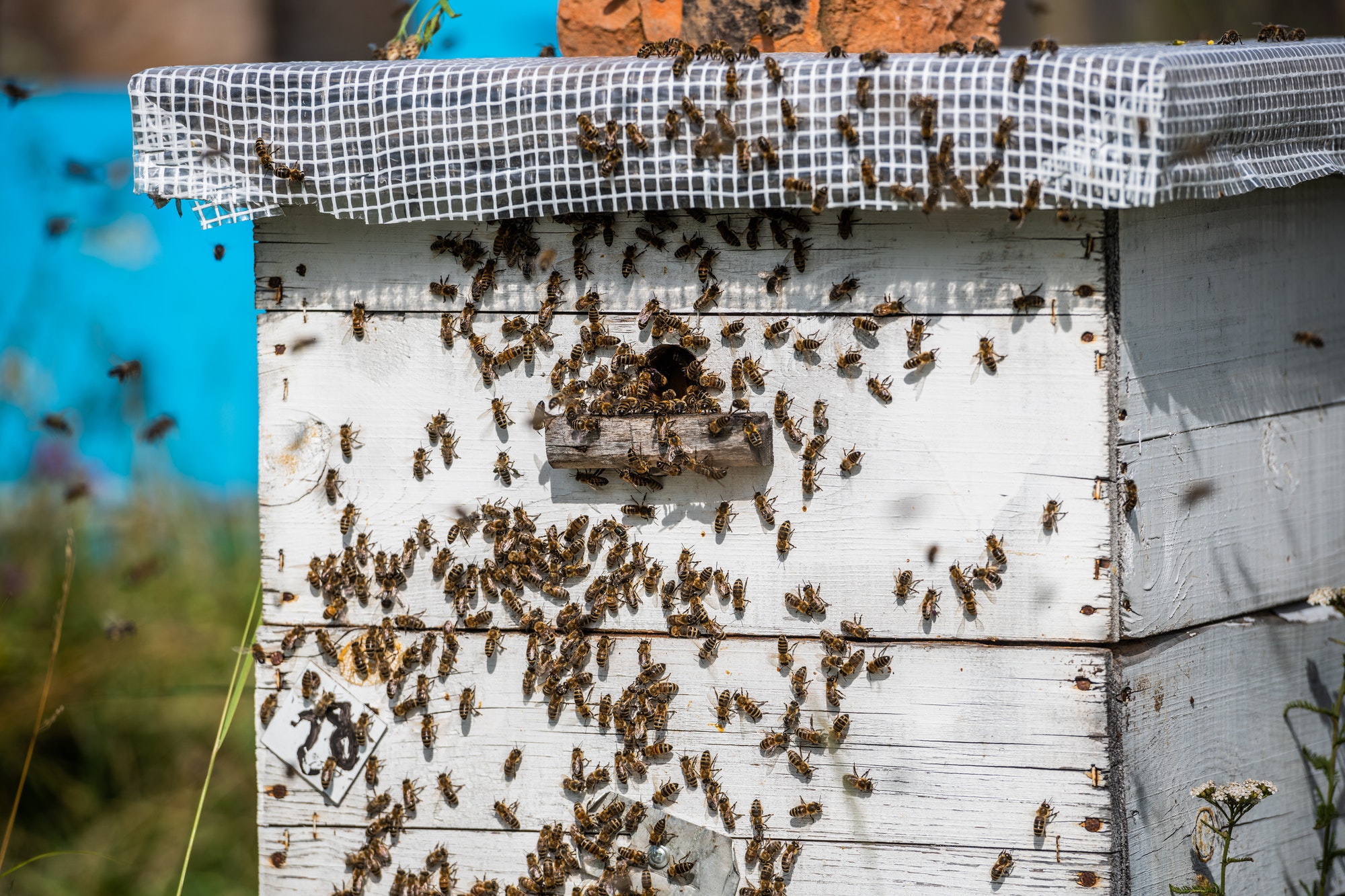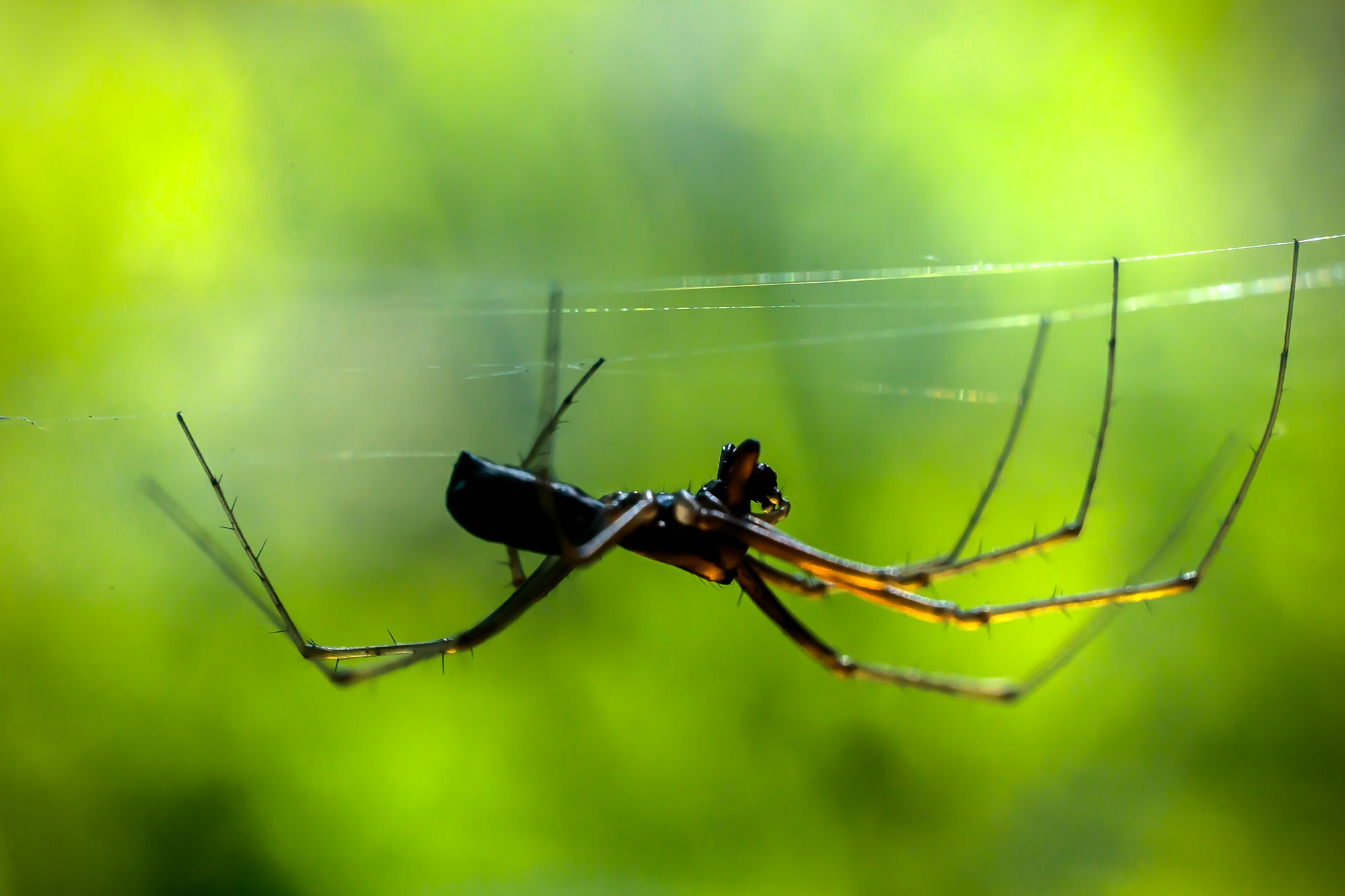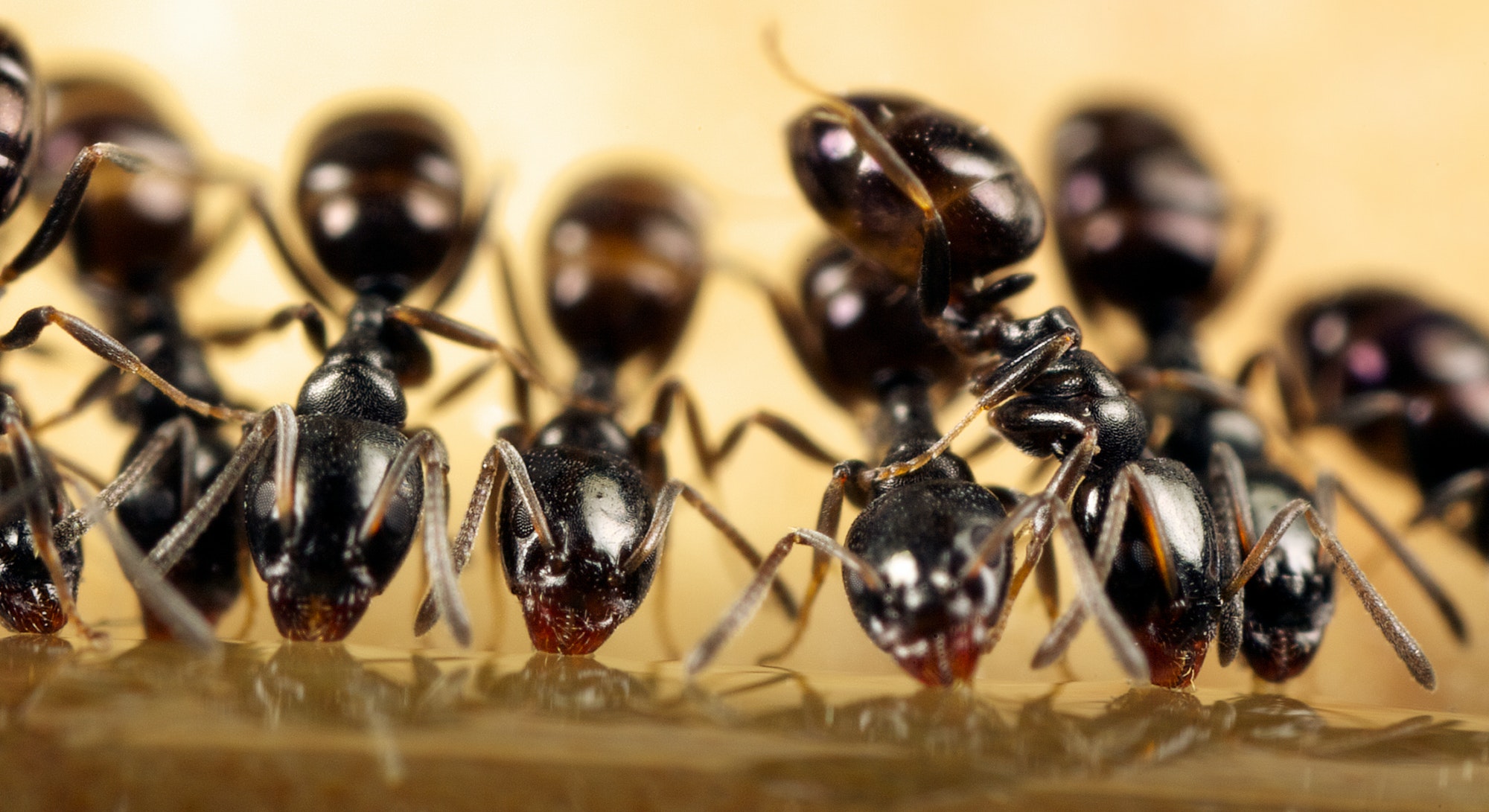Why Bees Are Important For The Ecosystem?
The Importance of Bees in the Ecosystem
When the question of the importance of bees is raised, the immediate response is the honey.However, a deeper examination of a bee’s life reveals its centrality in keeping the cycle of life turning for a broad diversity of species. Science has demonstrated that bees play a critical role in ensuring some plant and crop species’ continuity. They perpetuate such plant species’ existence by helping them reproduce through the complex process of pollination (Hristov et al., 2020).
Bees are some of the best pollinators because they are intrinsically adapted to play the role of transferring pollen grains from one flower to another, sparking the process of reproduction. This essay focuses on the bee’s centrality in the broader ecosystem, both as a pollinator and a healthy natural food producer.
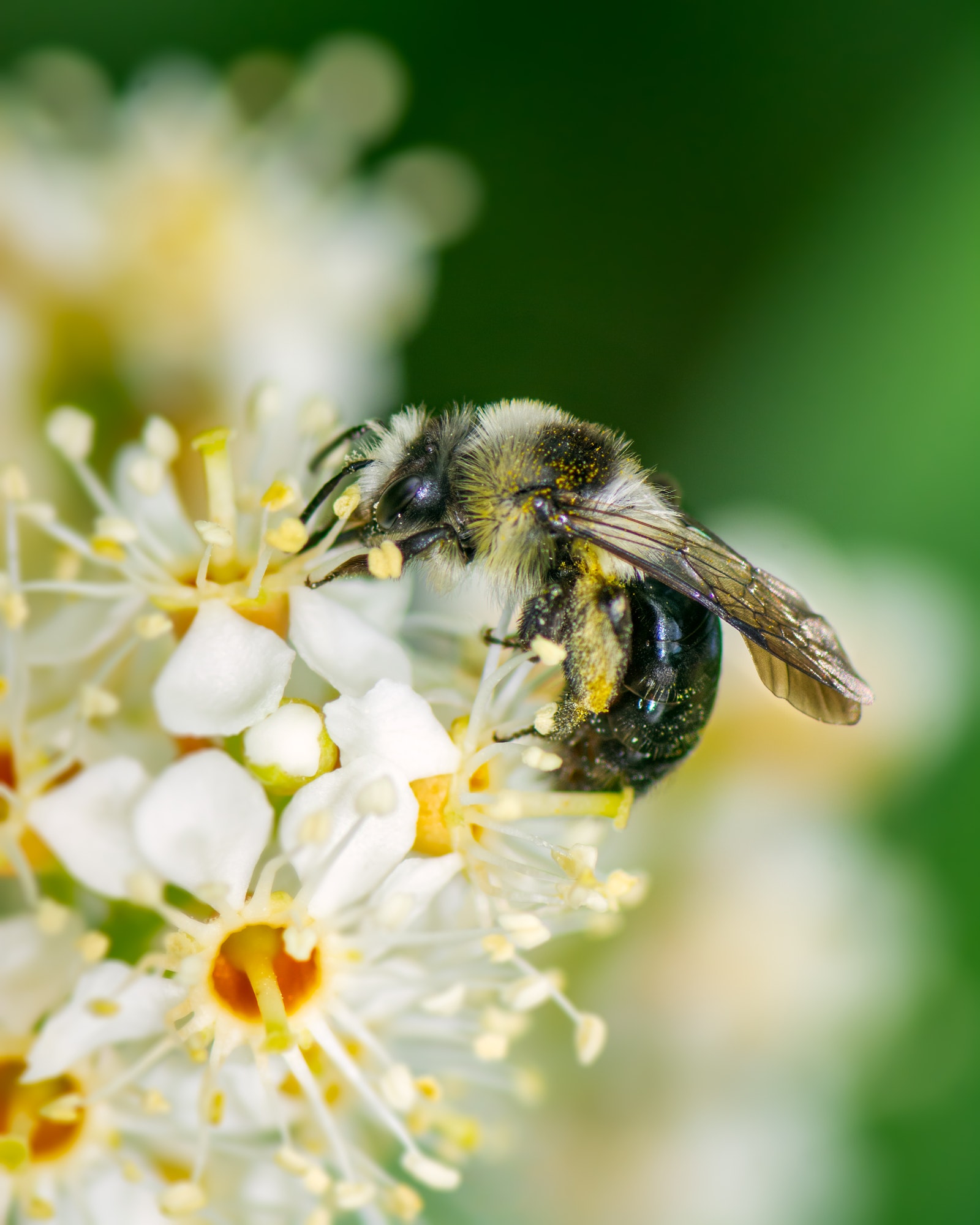
According to research, at least 90 percent of the top world crops which various communities rely on are visited by bees. Some of the most commonly visited plants include apples, vanilla, squash, and almonds Schmeller, Niemelä & Bridgewater (2017).
In this regard, bees are useful to the plants and humans, and other species rely on fruits such as apples. Due to the important role played by bees, their decline has raised serious political and social concerns.
The decline of bees has been attributed to such factors as climate changes and lack of habitats. Exposure to artificial pesticides has also been identified as one of the reasons for their decline. Despite these worrying statistics, bees continue to play a critical role in ensuring ecological balance and helping in good food generation.
Honey, which plays different important roles in various cultures, is another factor explaining the bees’ centrality in the ecosystem. For instance, honey is an important source of food for other species, including human beings. Humans depend on honey for various reasons across the cultural divide (Hristov et al., 2020).
Since human beings are part of the ecosystem, anything that benefits us is of benefit to the entire ecosystem. Other animals also depend on honey for food, from tiny insects to birds and large animals like bears. In straightforward terms, bees are essential as food sources for a wide diversity of fauna.
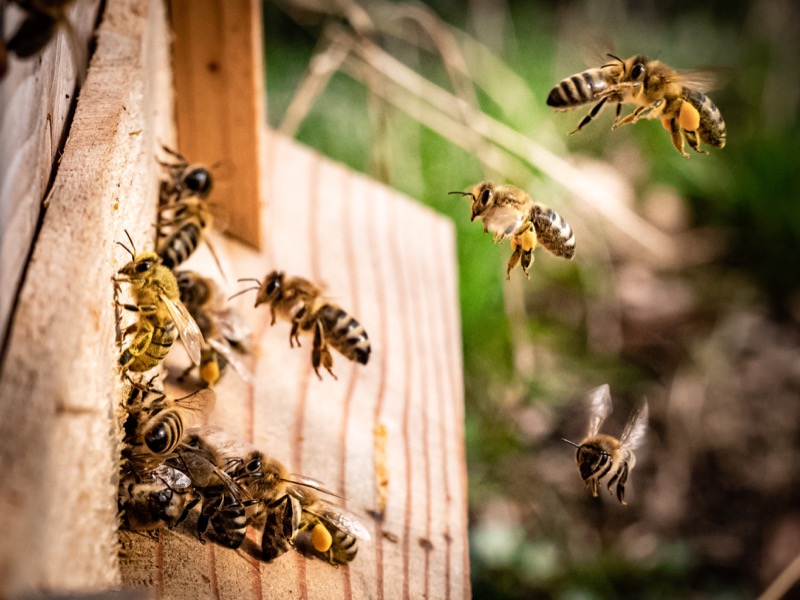
According to Schmeller, Niemelä & Bridgewater (2017), 80 percent of the wildflowers across Europe benefit greatly from bees as the chief pollinators. A decline in the number of bees would mean a decline in the reproduction rate among the wildflowers and various plants and crops that rely on bees.
A decline in the rate of their reproduction would trigger a decline in their population. As a matter of common knowledge, plants play an immense role in the entire ecosystem. A decline in their population increases the threat of climate change, threatening all flora and fauna in the ecosystem.
Therefore, small as it may look, the bee is an important player in the cycle of nature. If anything, the tiny size is one of its biological adaptations for its role as a pollinator. With its small body, the bee can penetrate the small flowers’ petals without damaging their organs. An important call to action would be for the world governments to use policy-making to protect various bees. The importance of bees has been tested and proven.
Author: Muhammad Siaf
University of Houston main campus
References
- Hristov, P., Neov, B., Shumkova, R., & Palova, N. (2020). Significance of Apoidea as Main Pollinators. Ecological and Economic Impact and Implications for Human Nutrition. Diversity, 12(7), 280
- Schmeller, D. S., Niemelä, J., & Bridgewater, P. (2017). The intergovernmental science-policy platform on biodiversity and ecosystem services (IPBES): getting involved
